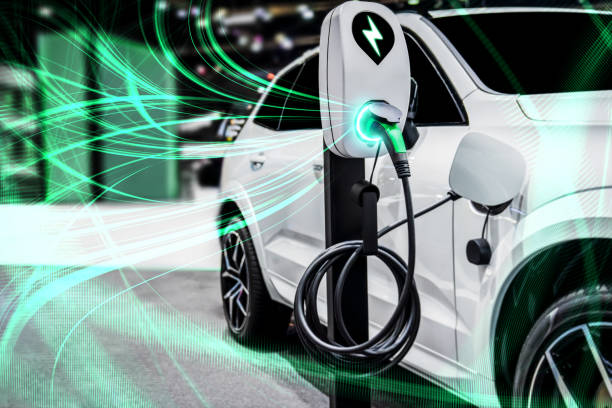Electric vehicles (EVs) have emerged as a leading environmentally friendly mode of transportation, and with their rise comes the evolution of supporting infrastructure. Revolutionary EV charging systems have assumed a pivotal role in this transition, presenting many benefits for EV owners, grid operators, and the ecosystem. This article will delve into the advantages of intelligent EV charging and investigate the cutting-edge concept of vehicle-to-grid (V2G) technology intimately associated with smart charging.
Efficient Energy Utilization
Smart EV chargers are designed for optimal energy consumption. They adapt the charging process based on factors like the vehicle’s battery status, energy demand, and the availability of renewable energy. This ensures that the energy used for charging is utilised efficiently, reducing waste and cutting overall energy costs.
Cost Savings
EV smart chargers empower users to benefit from off-peak electricity rates. By scheduling charging during periods of lower demand, EV owners can significantly reduce their electricity bills. Some utilities even offer unique pricing plans for EV owners, further encouraging the adoption of intelligent chargers.
Convenience and Flexibility
Smart charging systems provide enhanced convenience and flexibility for EV owners. Through mobile apps or online platforms, users can remotely monitor and control the charging process. They can schedule charging sessions, set charging limits, and receive real-time updates about their vehicle’s status. This level of control makes EV ownership more convenient and user-friendly.
Grid Relief
Widespread EV adoption poses the challenge of grid strain. Smart EV chargers mitigate this by evenly distributing the charging load. They can adjust the charging speed based on the available grid capacity, ensuring that multiple EVs can charge simultaneously without overloading the grid.
Environmental Benefits
Smart EV charging systems give precedence to the utilisation of renewable energy sources like solar or wind power during the charging process. This effectively trims the carbon footprint of EVs, further enhancing their eco-friendliness. By shifting the demand for electricity to times when renewable energy production is high, smart chargers contribute to a cleaner environment.
Enhanced User Experience
Smart EV chargers offer a seamless user experience, providing real-time information on charging progress and estimated time to a full charge. Some systems even include features like automatic plug detection and wireless charging, making the charging process exceptionally user-friendly.
Increased Grid Resilience
Vehicle-to-grid (V2G) technology is an exciting concept closely associated with smart EV charging. V2G enables EVs not only to draw power from the grid but also to feed excess energy back into it. This bidirectional energy flow enhances grid resilience, particularly during peak demand and emergencies, making EVs valuable distributed energy resources.
Incentives and Rebates
Many governments and utility companies offer incentives and rebates for the installation of smart EV charging equipment. These incentives can take the form of tax credits, subsidies, and reduced electricity rates for EV owners, substantially reducing the cost of implementing a smart charging system at home.
Safety and Security
Smart EV chargers prioritise safety and security, incorporating features like overcurrent protection, temperature monitoring, and automatic shut-off in the event of a fault. Communication between the charger, the vehicle, and the user’s smartphone is encrypted, ensuring a secure charging process
Conclusion
Smart EV charging and vehicle-to-grid (V2G) technology represent transformative innovations that benefit EV owners, grid operators, and the environment. They enhance energy efficiency, reduce costs, offer convenience, and promote sustainability. Furthermore, V2G technology adds an extra layer of grid resilience and can generate income for EV owners. With these advancements, the electric vehicle ecosystem is becoming more sophisticated and sustainable, accelerating the transition to a greener transportation future.







